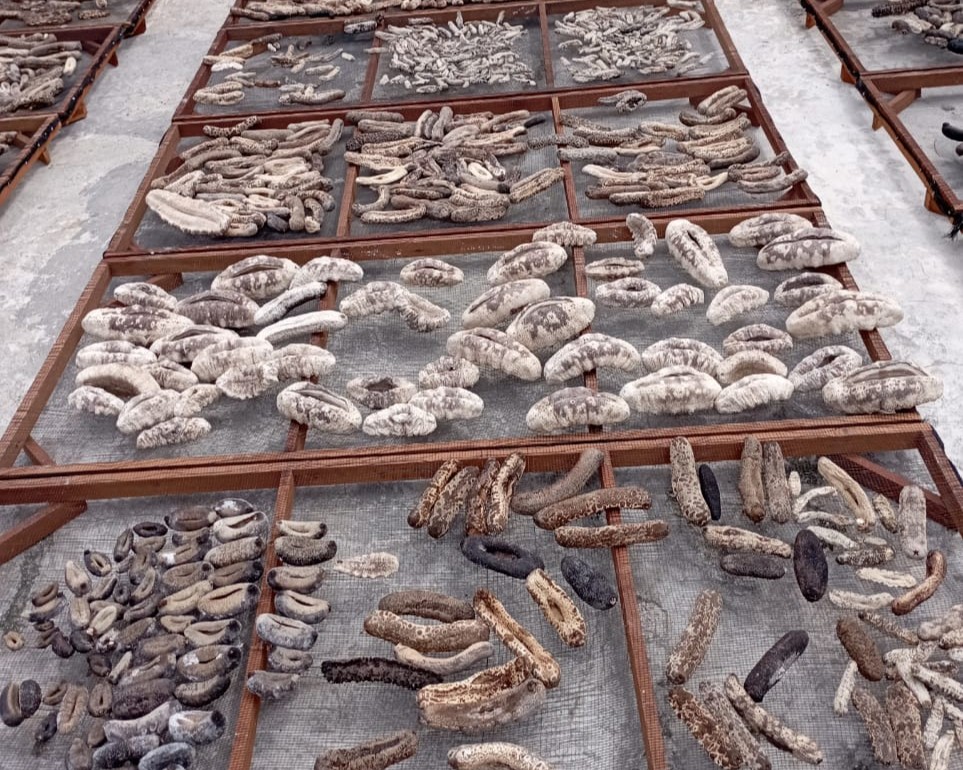
Sea cucumbers, known scientifically as Holothuroidea, are marine animals highly valued in culinary and traditional medicinal practices, especially across Asia. Found in seabeds and coral reefs, these soft-bodied creatures have long been considered a delicacy and a natural remedy.
Rich in Nutrients and Health Benefits
Sea cucumbers are a source of high-quality protein, low fat, and contain essential nutrients such as:
- Collagen
- Saponins
- Chondroitin sulfate
- Antioxidants
- Vitamins and minerals
These components are known to promote joint health, immune support, anti-inflammation, and even anti-aging properties.
Culinary Uses in Asian Cultures
In Chinese, Korean, and Japanese cuisine, sea cucumber is often braised, stewed, or added to soups. It absorbs the flavor of ingredients it is cooked with, making it a luxurious dish during special occasions or as a health-boosting meal.
Sea Cucumber in Traditional Medicine
For centuries, sea cucumber has been used in Traditional Chinese Medicine (TCM) to:
- Support kidney and reproductive health
- Enhance stamina and vitality
- Heal wounds and ulcers
- Improve circulation
Its natural properties have made it a sought-after alternative treatment, especially in dried or powdered form.
Export Potential and Sustainability
Indonesia is one of the largest exporters of dried sea cucumber, especially to markets like China, Hong Kong, Taiwan, and South Korea. With proper sustainable harvesting and aquaculture methods, sea cucumber farming has the potential to support coastal economies and marine conservation.
Why Sea Cucumber Matters
- High market demand in Asia
- Natural health benefits
- Sustainable and eco-friendly farming potential
- Valuable commodity for rural and island communities
Sea cucumber is not just seafood — it is a marine treasure connecting culinary heritage, economic opportunity, and health benefits.
📞 For export inquiries and supply: +62 851 7950 9423
